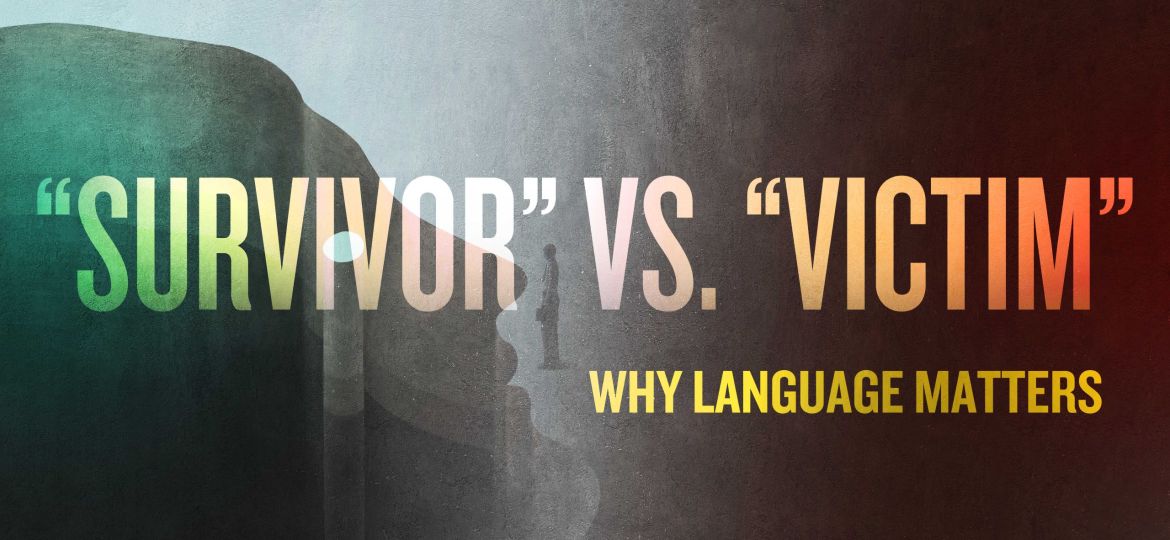Language is important. When someone experiences sexual abuse, it takes time for them to cope with the trauma that happened to them. Once they are ready to share their experience, they will have a choice to make in terms of how they describe themselves.
Are they a victim of the abuse that happened to them? Or are they a survivor of these experiences?
Each individual who has lived through the trauma of child or adult sexual abuse has their own experience to share and will share it in a way that is best for them.
Victim VS. Abuser
At face value, it may not seem like there is that big of a difference between the two common terms for people that have been abused: victim and survivor. But the two words have different connotations when it comes to the power dynamic between an abuser and the person they abused, questions of fault, as well as what it means for a person who is abused.
Many people feel strongly about wanting to be called one or the other. Let’s break down the meaning behind each term.
Victim
Power Dynamic
The word victim is on the opposite end of the spectrum compared to the word abuser. Using this term can help to illustrate the true and powerful disparity between an abuser in a position of power and a young and/or vulnerable victim.
Validation of Abuse
Using the term victim clearly defines the actions of the perpetrator as abusive. It highlights the true trauma and harm that the victim experienced.
Abuser at Fault
The term victim reaffirms that the abuser was at fault for the abuse – NOT the victim. This is especially common for victims of child sexual abuse.
Survivor
Empowering
Using the word survivor can make many people feel like they are reclaiming their power. They may have felt like a victim in the past, but now feel further along in their healing journey and want to be known as a survivor of child sexual abuse. They were not in control of what happened to them when they were abused, but they are in control of their life now.
Healing & Resilience
The term survivor emphasizes and honors the healing process and the resilience of someone who has moved forward despite traumatic experiences.
Our Preference
At Jeff Anderson & Associates, we refer to people who have been abused as survivors.
Why?
Both terms are valid and we support people’s autonomy to choose which term they resonate with.
If we do not know someone’s preference, the default term we choose to use is survivor.
Why?
As discussed, this term represents a transfer of power from the abuser to the survivor. When working with clients, one of our priorities is to ensure that each survivor has choices in the process and feels empowered. Regaining a sense of empowerment is often a vital part of the healing process.
We believe in every survivor’s ability to regain power and to remain resilient despite their trauma and obstacles in healing.


